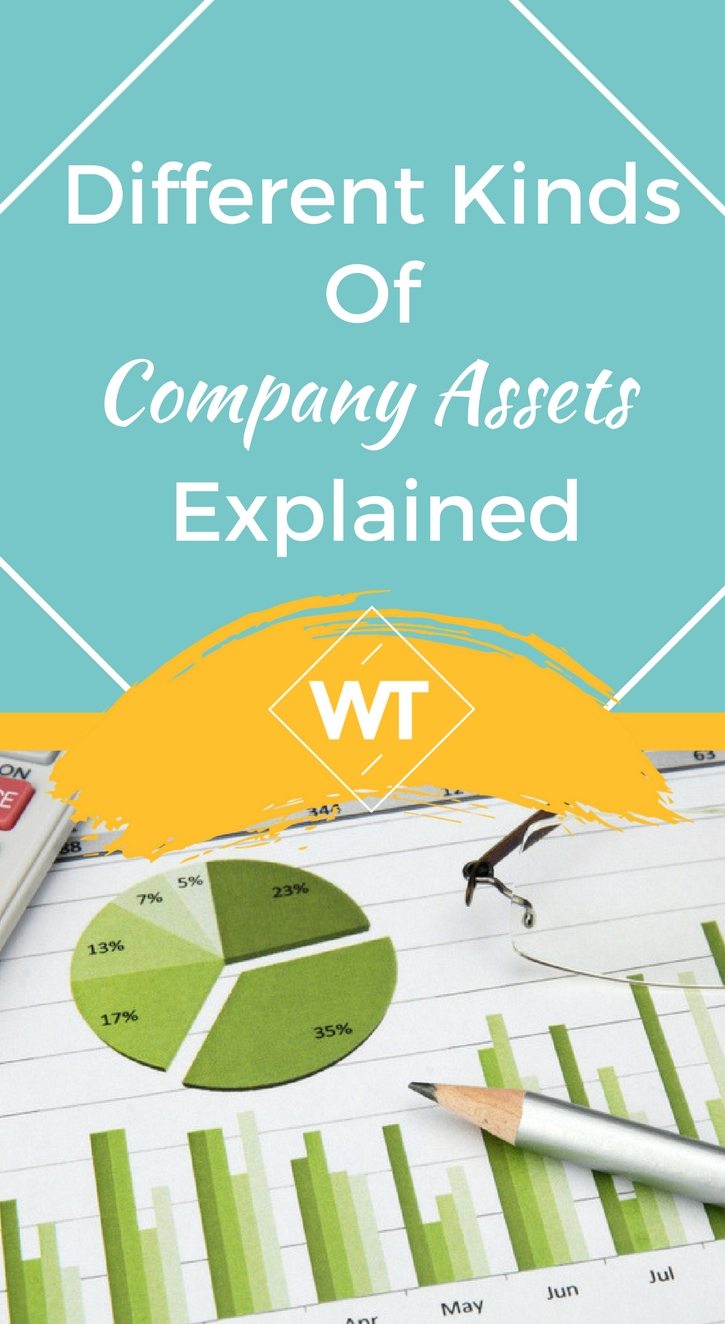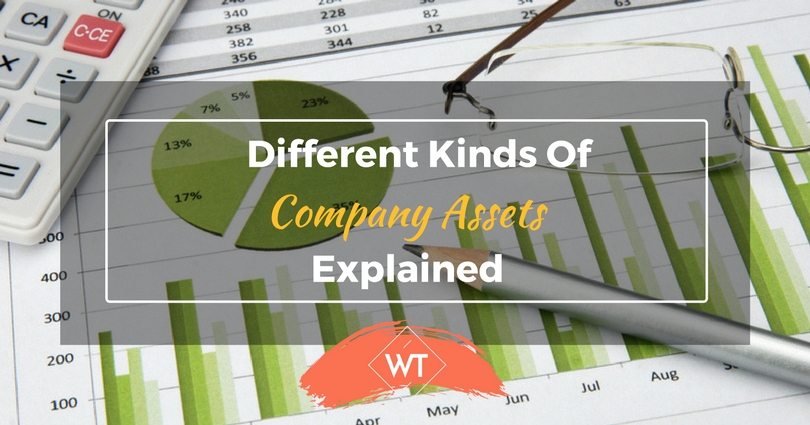Different Kinds Of Company Assets Explained

 Many people want to go into business for themselves for one simple reason: They want to build an asset for themselves instead of helping someone else build theirs. It’s a reason that makes a lot of financial sense. At the end of the day we know that assets are what truly build wealth over time. Assets as they pertain to wealth also means we have more choices.
Many people want to go into business for themselves for one simple reason: They want to build an asset for themselves instead of helping someone else build theirs. It’s a reason that makes a lot of financial sense. At the end of the day we know that assets are what truly build wealth over time. Assets as they pertain to wealth also means we have more choices.
The reality is that your business isn’t just one asset. It turns out businesses are actually made up of multiple assets that create the one big asset. There are also different kinds of company assets found within businesses. Some are tangible like a building while others are intangible like a copyright.
In this article we’re going to discuss the different kinds of assets found within business while giving examples of each. It is our hope that this helps you better understand how companies are created and helps you identify which assets you already have in addition to which assets you want to pursue.
Tangible company assets
Tangible company assets are those that have a physical form. These assets are further classified into two subgroups: fixed assets and current assets.
Fixed tangible company assets include machinery, buildings, vehicles, land, stocks, bonds and cash. These are items that will not be sold at any point during the business. For accounting purposes, these assets also depreciate over time.
Current company assets are more along the lines of product inventory. In other words, these assets can be sold in exchange for money (usually by the end of the year). Inventory in particular has some unique properties that are worth mentioning. Although it falls under current company assets, it’s actually less liquid than selling stock or accounts receivable.
In other words, you’d actually have to move the product to make money. Additionally, inventory is valued differently than something like property. Property in a business is typically valued at the price it was purchased, whereas inventory can be valued at just below or at market price. Finally, inventory is the kind of asset a company has no intention to hold.
The entire point is to get rid of inventory whereas other company assets are held for long periods of time. Tangible company assets are often times described as the backbone of the company. Meaning these things are necessary in order for the company to operate, but the customers have absolutely nothing to do with them.
Intangible company assets
These company assets have no actual form. These assets include company reputation, name recognition and industry knowledge. They also aren’t considered liquid because you can’t really “sell”something like name recognition. However, intangible company assets do add to the credibility and value of a company.
Their intrinsic value to the success of the business can result in a higher valuation should you ever decide to sell your company. Now, here is where tangible and intangible company assets work together. If a company’s reputation suffers, they may find themselves selling tangible company assets (i.e. stocks, land, etc.) in order to survive.
Intellectual Property
Intellectual property is a form of an intangible asset that merits its own section. This includes copyrights, trademarks, logos, formulas, patents, creative communications, etc. Depending on the type of business this can also include domain names, websites, performance events, computer software, manuscripts and the list goes on.
These are usually protected under copyright law in an effort to protect from imitation or infringement. If a company is found in violation of this law they can suffer heavy fines and judgements if the offended party decides to file suit. Additionally, if you are the offended party and don’t have something trademarked, it could lead to messy waters.
Essentially, these kinds of company assets are meant to protect what you’ve created so it’s in your best interest to file for these things. Since intellectual property is an intangible asset it’s also not included on the balance sheet. However, intellectual property plays a major role in the success of a company and can add to it’s valuation. In fact, intangible company assets can add to a company’s future worth and therefore end up being more valuable than tangible company assets.
Conclusion: How to get clear about company assets
First, it’s important to note that not every type of company requires the same assets. For instance, if you run your business from your laptop, like I do, then it’s very unlikely that you’ll need a building in order to operate. However, you may still need a car in order to meet with clients.
Second, it would not be smart to try and figure this out by yourself. Assets can get tricky come tax time and there are legal ramifications to consider. As such, it’s in your company’s best interest to find both an accountant and an attorney.
Speaking from personal experience, once I realized I’d built several company assets (a bestselling book, a popular blog, email list, client list, a brand name, etc.) I immediately incorporated and went on the hunt to find myself an accountant and an attorney.
My story is a bit different because I simply started a blog with no intention of turning it into a business until much later when I saw it’s potential. Usually companies (particularly startups building products, software etc.) are much quicker to find the help they need in this regard.








Leave a Reply